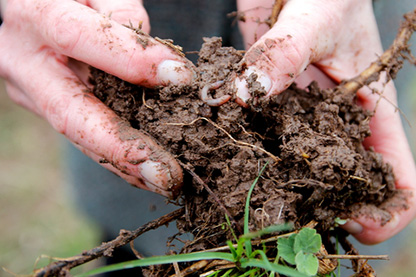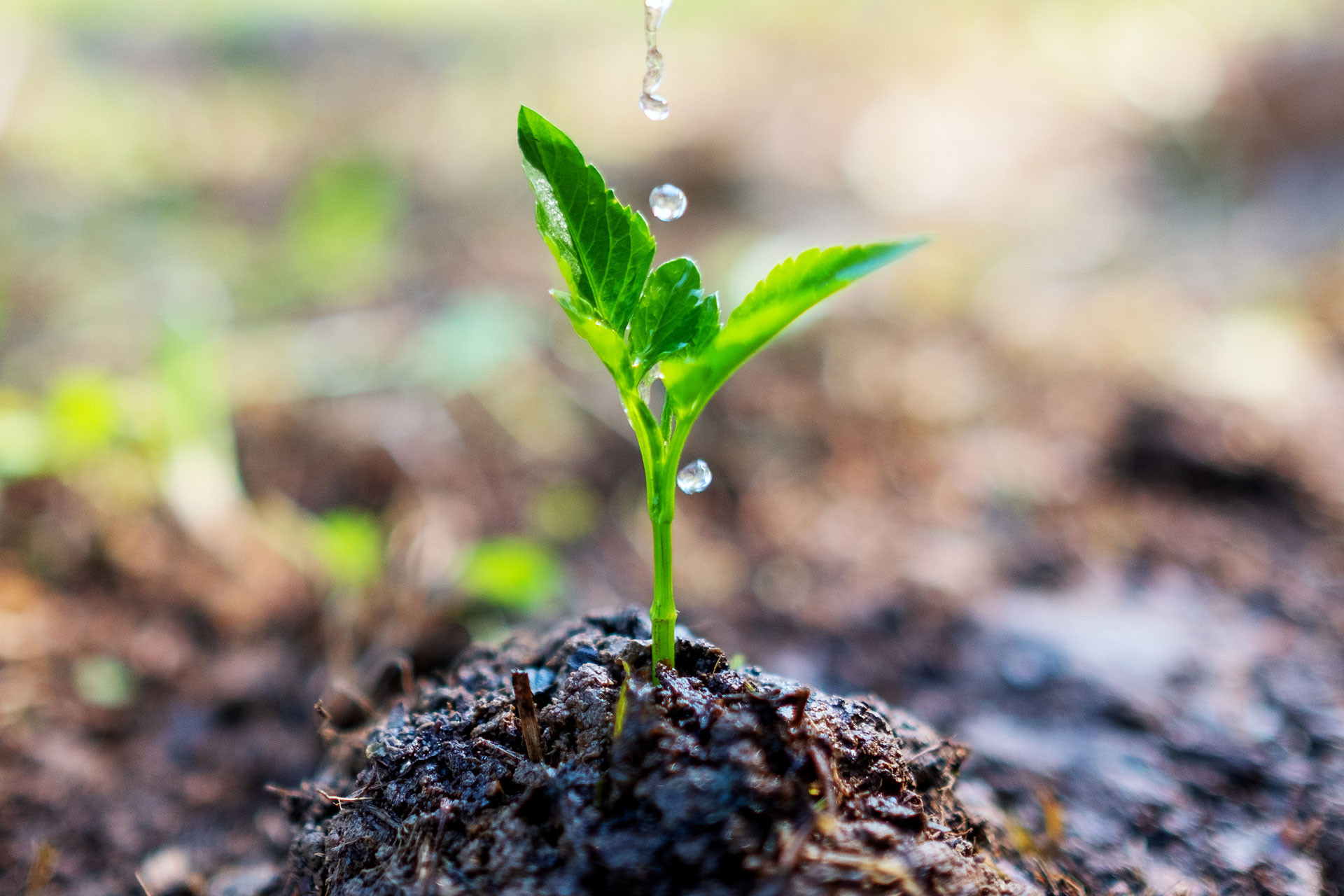The second thematic research line aims to provide the society with contributions to better manage water resources, improve soil health and increase food production.
Soil as our main ally in the combat of climate changes, as well as a relevant actor in the maintenance of the ecological and chemical good status of water resources by developing research on the impacts of soil management practices, including the re-use of agriculture wastes, in the storage of carbon in soils, in the protection of other soil functions and ecosystem services as well as in the link between soils, water quality, food quality and enhanced shelf-life. Furthermore, ecosystem-based management strategies will be pursued by integrating tacit and scientific knowledge for the protection of high-quality soils and its intrinsic properties as well as areas with high nature value for crops strictly dependent on them.
This thematic research line joins a group of researchers able to address relevant topics as conservation agriculture, organic farming, sustainable use of phytopharmaceutical products, big data, bioeconomy and circular economy, soil quality, the relationship between soil health and food, water quality assessment and management, protection of aquatic ecosystems and ecosystems modelling.
The actions previewed in this thematic research line will provided sound scientific evidence to stimulate farmers to adopt a more conservative agriculture and soil management practices, without compromising their economic profits in the medium, long-term, while at the same time contributing to combat climate changes, to protect water resources, to protect human health and to protect biodiversity. The results gathered will also support the enforcement of existing instruments or its adaptive formulation.
With the actions proposed under the scope of this thematic research line INOV4AGRO will contribute for the implementation of the following instruments, such as: (1) Common Agriculture Policy; (2) National Strategy for Organic Agriculture (Resolução do Conselho de Ministros 110/2017 de 27 de Julho); (3) Code of Good Practices (CBPA, Despacho no 1230/2018); (4) National Action Plan for the Sustainable Use of Phytopharmaceutical Products (PANUSPF); (5) The European Strategy for Plastics; (6) The Circular Economy Action Plan; (7) National Plan for Energy and the Climate 21-30, Rural Development Plans (PDR).
Regarding the protection of water resources, these actions will also contribute for: (1) Directive 91/676/EEC from the European Union concerning the protection of waters against pollution caused by nitrates from agricultural sources; (2) Directive 2000/60/EC from the European Commission for action in the field of water policy; (3) Directive 2006/118/EC of the European Parliament and of the Council on the protection of groundwater against pollution and deterioration; (4) Directive 2010/75/EU of the European Parliament and of the Council on industrial emissions (integrated pollution prevention and control), Decree-Law No 236/98 (Portuguese legislation) which establishes norms, criteria and objectives for protecting aquatic environments and improving water quality as a function of main water uses.





